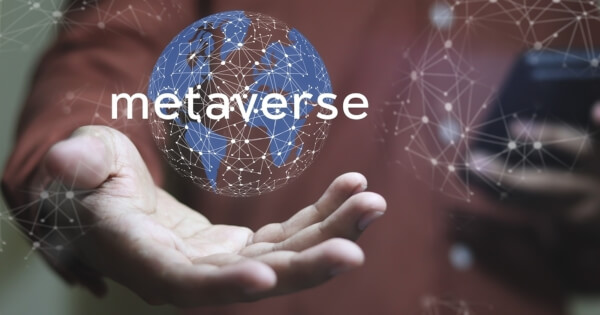The metaverse is a growing digital universe that merges virtual and augmented reality. It allows users to interact in shared, immersive environments. different time-honored cyberspace experiences, the Metaverse enables real-time interactions done by avatars. It transforms how the citizenry socialize, work, shop, and play. Moreover, it combines technologies like AI, blockchain, and VR to produce pictorial simulations. As a result, it opens new possibilities in every manufacture. With increasing investments from tech giants, the metaverse is becoming a reality quicker than anticipated.
Evolution of the Metaverse:
Ab initio, the Metaverse was a conception seen in skill fabrication novels. Over time, games like Back Life and Minecraft brought practical worlds to life. One of these days, advancements in ironware and software systems will make immersive experiences more reachable. In recent years, companies like Meta, Microsoft, and Apple have accelerated their maturation. What is more, emerging tools such as Web3 and spatial computing have added depth to this digital world. These innovations enable users to own practical assets and enjoy increased fundamental interaction. Consequently, the development of the metaverse reflects both scientific outgrowth and changing digital conduct.
Key Technologies Powering the Metaverse:
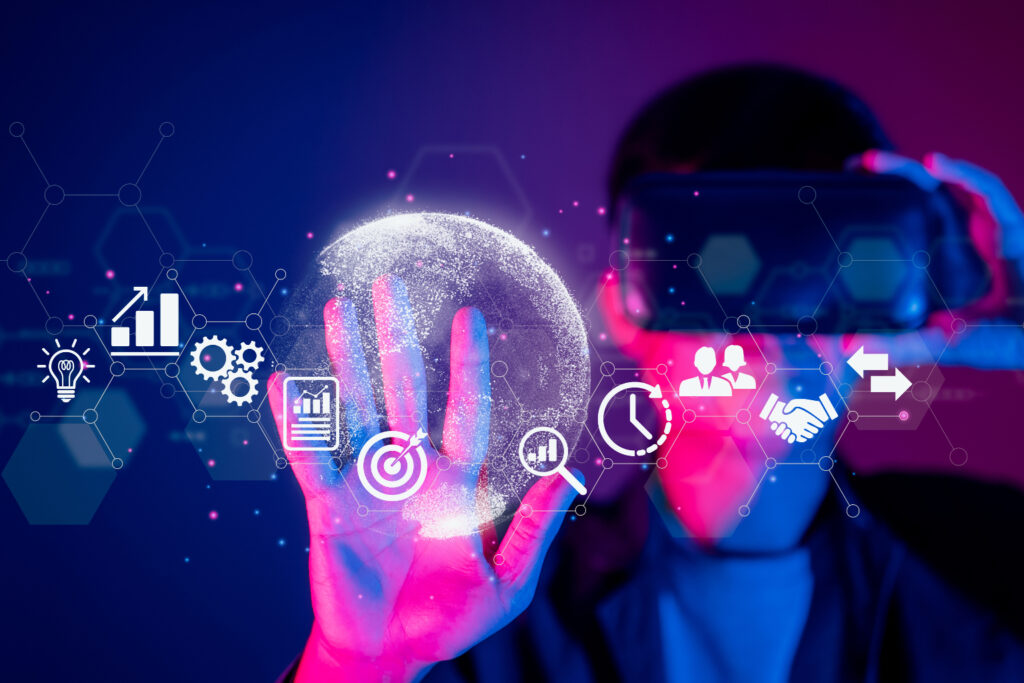
Various technologies work jointly to power the Metaverse. Virtual reality [VR] provides immersive optic experiences. Increased realness (AR) blends digital happiness with the real world. To boot, blockchain engineering ensures bastioned proceedings and digital possession. Artificial intelligence operation [AI] enhances interactions with sensitive practical characters. What is more, 5G connectivity allows quicker and more stable real-time communication. Cloud computing supports monumental data storehouses and broad admittance. Unneurotic, these tools produce an ecosystem that mimics the fleshly world. As engineering improves, the Metaverse will get more elaborate and synergistic.
Applications of the Metaverse:
The Metaverse has applications far beyond gaming and amusement. In the department of education, students can look at immersive practical classrooms from anyplace in the world. Businesses use it for practical meetings, wares launches, and simulations. Retailers build practical supplies where customers shop using avatars. To boot, real estate developers use 3D belongings tours in the Metaverse. Healthcare professionals drill surgeries using practical simulations. Even artists are showing their work in practical galleries and selling digital art. Accordingly, the Metaverse supports diverse industries with new ways to lock customers and give up value.
Impact on Work and Business:
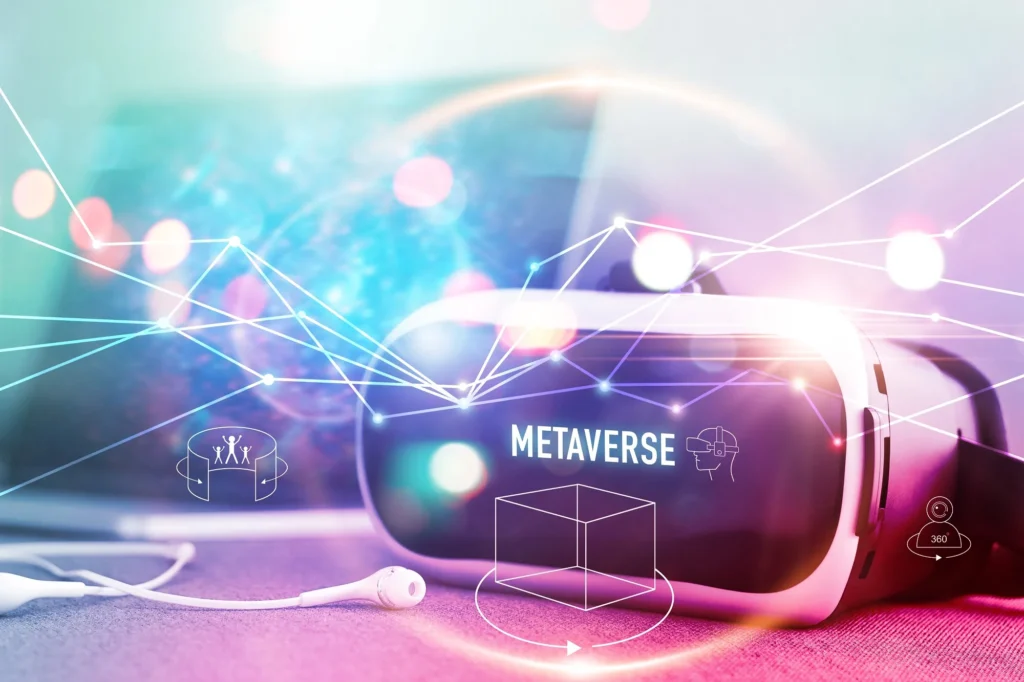
The Metaverse is reshaping the hereafter of work. With remote work rising, practical offices allow teams to get together in real-time 3D spaces. Employers host training sessions and job fairs in immersive environments. As a result, hiring becomes more engaging and expeditious. What is more, brands build practical central offices to tie in with customers globally. Companies also produce NFTs and practical goods as part of their marketing scheme. Accordingly, the Metaverse is redefining how businesses control, commercialize, and build communities. It empowers firms to reach audiences in fresh, exciting ways.
Social and Cultural Implications:
The metaverse is changing how citizenry interacts and forms relationships. Users from contrasting countries can tie in, play, and build communities jointly. Practical concerts, parties, and festivals offer shared experiences without fleshly limitations. Nonetheless, new digital cultures are also emerging inside practical spaces. While this promotes inclusivity, it raises concerns about identity elements and base hits. For example, users might face molestation or misinformation in unstructured environments. Consequently, digital ethical motives and community of interests guidelines are basic for safe involvement. As digital lives develop, the club must come up to these ethnic shifts responsibly.
Challenges and Concerns:
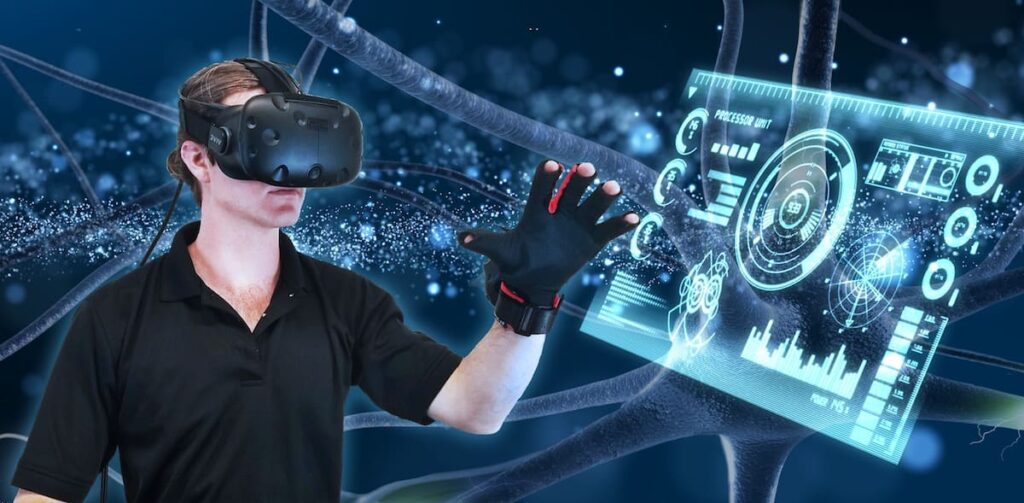
Despite its possibility, the Metaverse faces many challenges. Firstly, data privacy and cybersecurity continue to be acute issues. Intimate data shared in practical spaces must be protected. Secondly, admittance inequality is a business concern. Not everyone has the devices or cyberspace needful for full involvement. Thirdly, the high cost of VR headsets limits availability. Moreover, there are intellectual health concerns with long ducking. Regulation is also lacking, leaving users undefendable against fraud and abuse. Thus, it offers great call, addressing these risks is vital for its hereafter winner.
Future of the Metaverse:
Looking ahead, the Metaverse will get more mainstream. As technology evolves, it will offer more lifelike and individualized experiences. Wearable devices may replace bulky VR headsets. To boot, digital avatars could get smarter with AI desegregation. Practical economies will grow, creating new jobs and services. What is more, governments and institutions may start using the metaverse for national services. Instruction, tourism, and finance will all do well from immersive interactions. In short, it represents a new chapter in cyberspace’s development. It will shape how we live, work, and tie in in the digital age.
Who Owns the Metaverse?
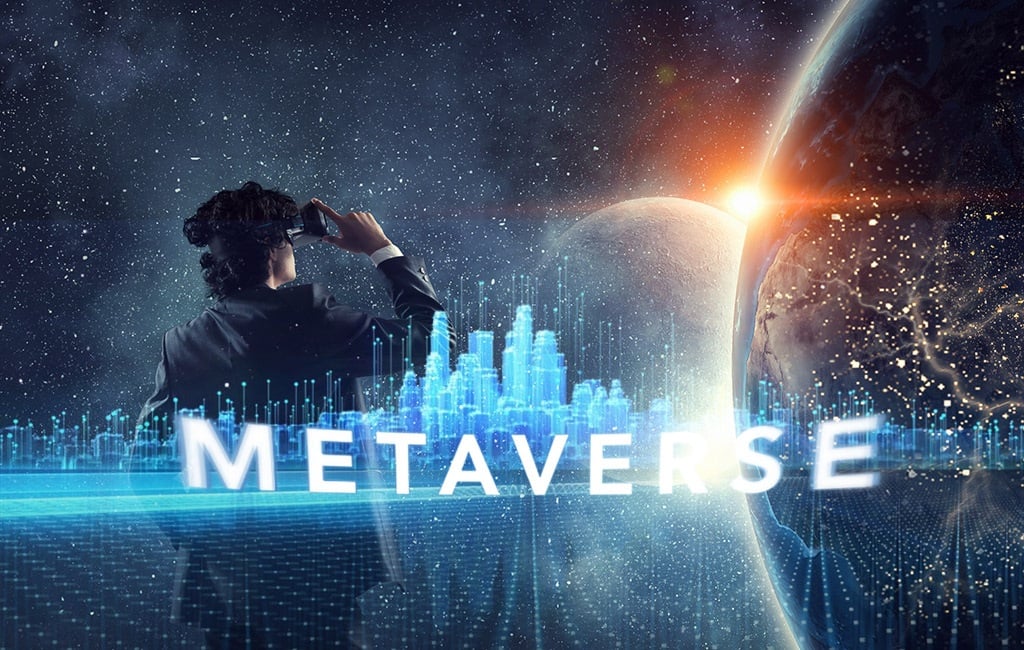
No single something owns the Metaverse. It is a made-up digital space industrialized by varied companies like Meta, Microsoft, and Decentraland. Each chopine controls its own practical world, governed by its rules and technologies. To boot, localized chopines hopped up by blockchain allow users to own digital assets. Consequently, the Metaverse is a shared and evolving ecosystem.
How do I Enter the Metaverse?
To enter the Metaverse, first take a platform such as Decentraland, Roblox, or Sensible Horizon Worlds. Then, produce a write-up and customize your embodiment. Next, see to it you have a miscible gimmick—most chopines work on desktops, while others need VR headsets. After that, research practical spaces, play games, or look for events. What is more, some chopines necessitate cryptocurrency for purchases. At long last, stay updated with new features, as the Metaverse is perpetually evolving and expanding, offering more immersive experiences over time.
Final Thoughts:
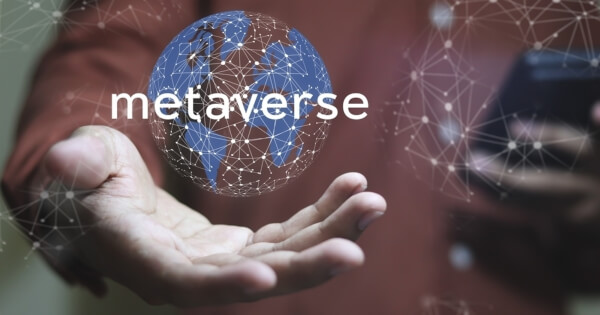
The metaverse is more than a trend—it’s a transmutation of digital life. From clientele to acculturation, its act upon is already manifest. With ongoing design and moral maturation, it can produce comprehensive and exciting practical experiences. Whether you’re a boss, consumer, or entrepreneur, it offers perpetual opportunities to research.

